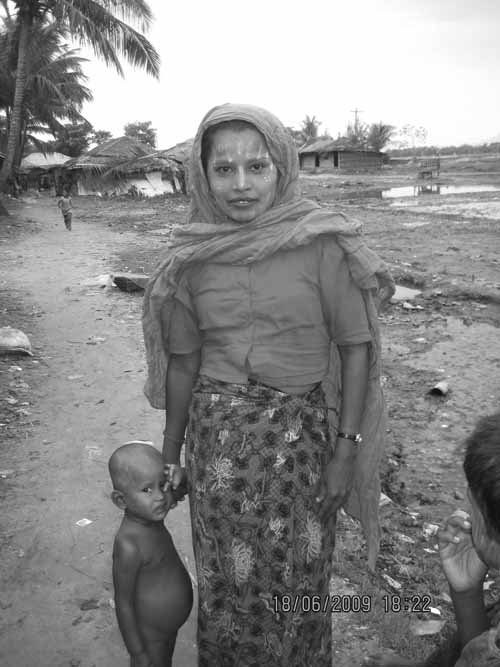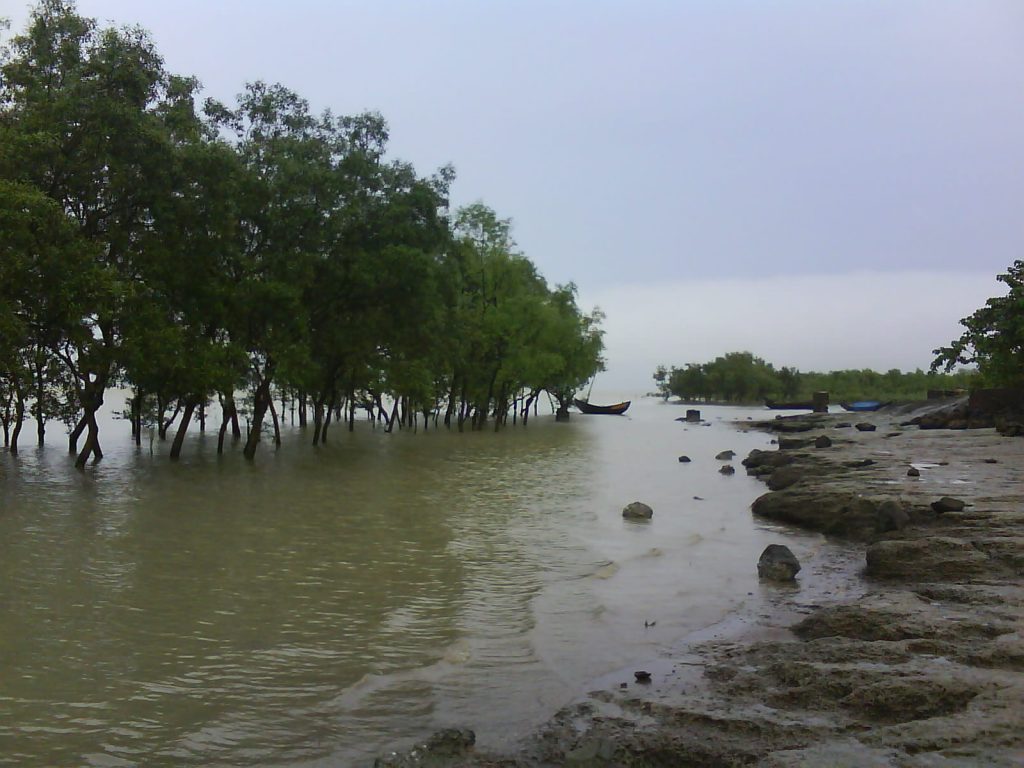Memo #338
By Kazi Fahmida Farzana – fahmida [at] uum.edu.my
 On May 10–11, 2015 some 2,000 new Rohingya migrants from Myanmar landed in Malaysia and Indonesia. Many others are believed to have lost their lives in this desperate journey, while hundreds are still drifting on the high seas. By seeking asylum on the shores of Southeast Asia the displaced ethnic Rohingya minority from Myanmar’s Rakhine state have once more brought into question the credibility of democratic political change and transition in Myanmar. Myanmar must strike a balance in its social, political, and economic policies. If one sector is neglected, it has the potential of slowing down the entire transformation process that it is currently undertaking. But the crisis is not only Myanmar’s problem. What can ASEAN and its individual member states do to help resolve Myanmar’s ethnic minority issues?
On May 10–11, 2015 some 2,000 new Rohingya migrants from Myanmar landed in Malaysia and Indonesia. Many others are believed to have lost their lives in this desperate journey, while hundreds are still drifting on the high seas. By seeking asylum on the shores of Southeast Asia the displaced ethnic Rohingya minority from Myanmar’s Rakhine state have once more brought into question the credibility of democratic political change and transition in Myanmar. Myanmar must strike a balance in its social, political, and economic policies. If one sector is neglected, it has the potential of slowing down the entire transformation process that it is currently undertaking. But the crisis is not only Myanmar’s problem. What can ASEAN and its individual member states do to help resolve Myanmar’s ethnic minority issues?
As Myanmar has been opening up its foreign relations, ASEAN can play a greater role in fostering political transformation and monitoring progress, especially in constructing a long-term solution to Myanmar’s domestic ethnic problems. As the human rights issue directly affects Myanmar’s relations with fellow ASEAN members, which in turn hampers access to Myanmar’s wealth of natural resources, it is in the interest of all ASEAN members to contribute to a solution. Moreover, Myanmar is also a gateway to South Asia and shares a long border with China. Thus, Myanmar can be strategically vital for ASEAN in expanding its economic interactions with South Asia and China.
Benchmarks can be found from other ASEAN member countries. For instance, the Indonesian government has successfully negotiated a peaceful solution with the Acehnese, solving its decades-long ethnic tension and separatist war. It is imperative to explore if such negotiated settlements can be achieved in Myanmar to diffuse or resolve ethnic discontents. Similarly, the issue can be examined from the perspective of Malaysia’s practice of consociationalist approach to ethnic minority rights.
In the short-term, it is imperative at this stage to have an immediate ASEAN-initiated response to tackling the migration crisis. As it happens, Malaysia is an important member of ASEAN, and Chair of ASEAN in 2015. Thus, the current crisis is a real test not only for Myanmar, but for Malaysia’s regional role as well as for all of ASEAN.
About the Author:
Kazi Fahmida Farzana, a social scientist, has been working with the Rohingya community since 2007. She is at present based at the University Utara Malaysia in Malaysia

A Rohingya woman and her child standing near the fishing village (Jalia Para) in Teknaf, a home for many undocumented refugees. The area is flooded daily by the tidal flow from the River Naff (Credit: Kazi Fahmida Farzana).

The River Naff and an area in Teknaf from where the refugees leave Bangladesh towards other destination in Southeast Asia (Credit: Kazi Fahmida Farzana).
Links
- Nehginpao Kipgen, “Addressing the Rohingya Problem,” Journal of Asian & African Studies 49, no. 2 (April 2014): 234-247
- Su-Ann Oh, “Rohingya or Bengali? Revisiting the Politics of Labelling,” ISEAS Perspective (December 2012): 1-6
- Kazi Fahmida Farzana, “Boundaries in Shaping the Rohingya Identity and the Shifting Context of Borderland Politics,” Studies in Ethnicity and Nationalism (forthcoming, November 2015)
- Katri Merikallio, Making Peace: Ahtisaari and Aceh (translated by David Mitchell) (Werner Söderström Corporation, 2006)
- Aljazeera News, “Rohingya wash ashore in Indonesia: About 500 members of Myanmar’s long-persecuted Rohingya Muslim community found in need of help in western Indonesia” (May 2015)
- Francis Wade, “Burma’s Rohingya are Now Being Forced to Live in Squalid Ghettos Watched by Guards,” Time Magazine (February 2014)